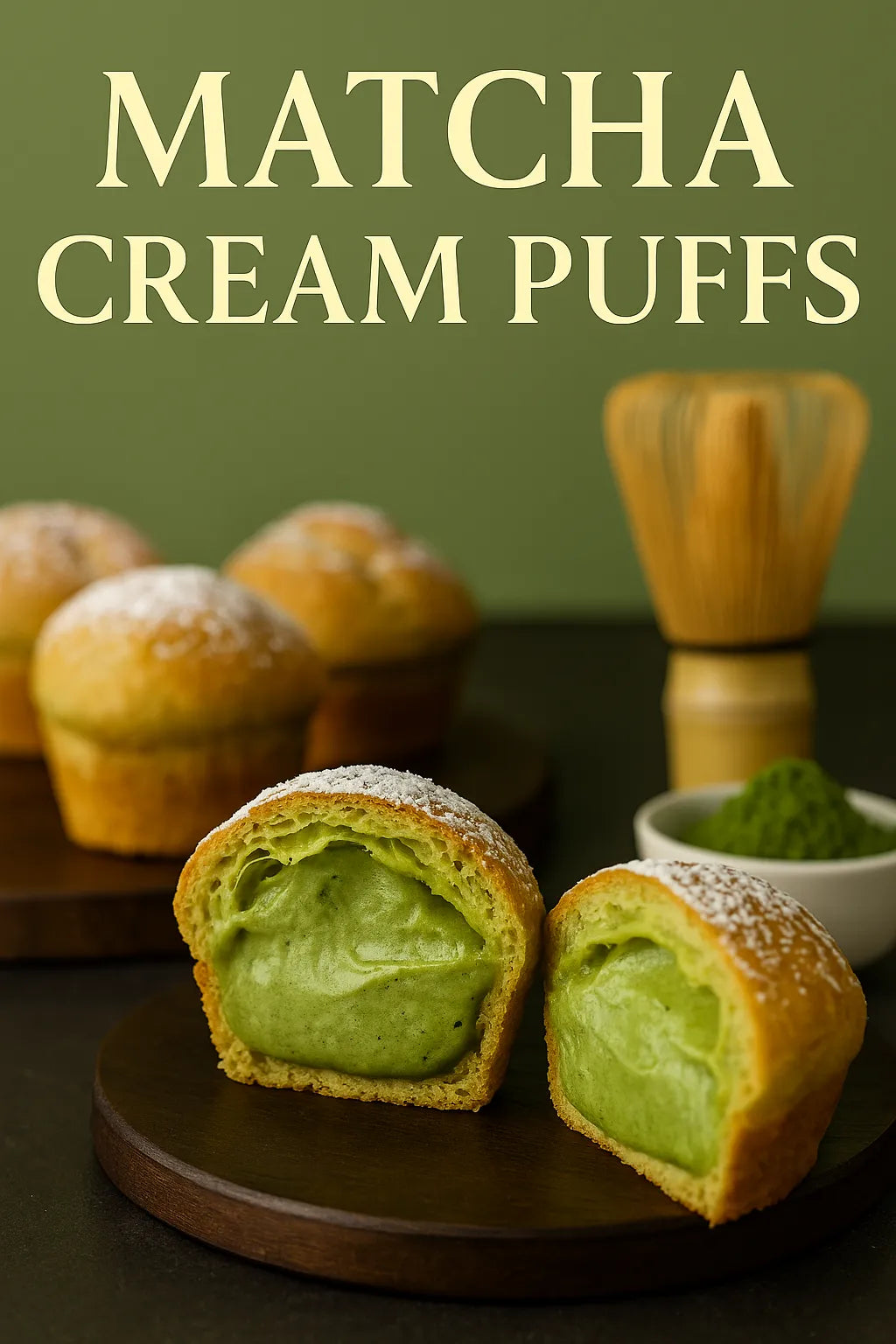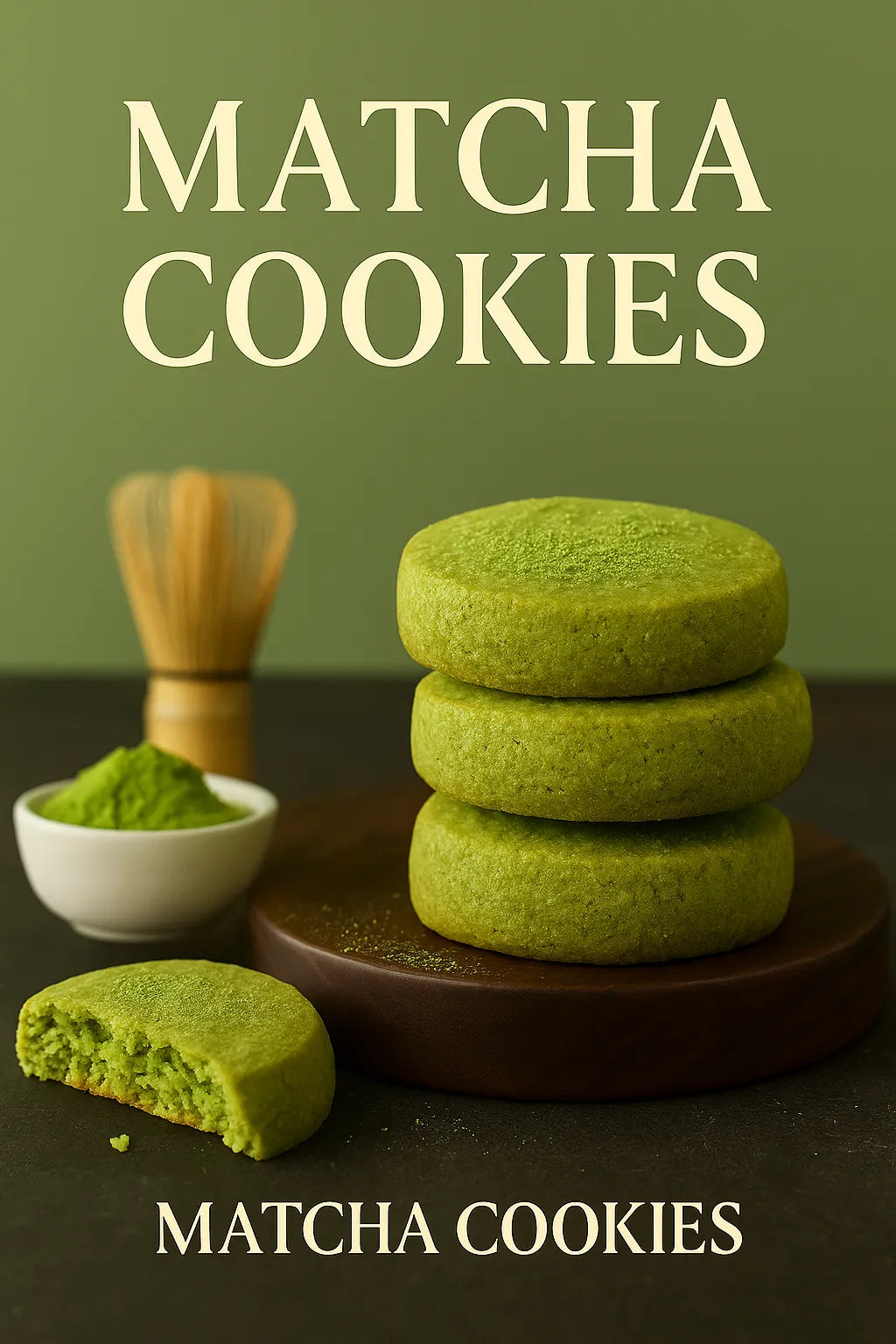Looking for a fun and unique matcha dessert with that satisfying chew? These Matcha Mochi are soft, stretchy, and lightly sweet—made with glutinous rice flour and ceremonial-grade matcha. Naturally gluten-free and packed with green tea flavor, they’re the perfect bite-sized indulgence for tea lovers.
🌿 What Is Matcha Mochi?
Mochi is a classic Japanese rice cake made from glutinous rice flour (also known as mochiko). This version incorporates Leafmill ceremonial matcha into the dough, giving it a vibrant green hue and subtle earthy depth.
You can serve them plain, roll them in kinako (roasted soybean flour), or fill them with red bean paste or cream for a more decadent treat.
🧾 Ingredients (makes 8–10 pieces)
- 120g glutinous rice flour (mochiko or shiratamako)
- 2 tsp Leafmill ceremonial-grade matcha powder (sifted)
- 50g sugar
- 180ml water
- Cornstarch or potato starch (for dusting)
- Optional filling: sweetened red bean paste, whipped cream, fruit, or custard
👩🍳 How to Make Matcha Mochi
1. Mix dry ingredients
In a microwave-safe bowl, whisk together glutinous rice flour, sugar, and matcha powder.
2. Add water
Gradually stir in water until the mixture is smooth with no lumps.
3. Cook the mochi
Microwave on high for 1 minute, stir, then repeat in 30-second intervals (usually 2–3 rounds) until the dough is thick, sticky, and slightly translucent.
4. Dust and cool
Generously dust a clean surface with cornstarch. Transfer the hot mochi dough onto it. Sprinkle starch on top and let cool for a few minutes until safe to touch.
5. Shape
Cut into portions and shape into balls. If filling, flatten slightly, add 1 tsp filling, and carefully pinch to seal.
6. Serve
Dust off excess starch and enjoy fresh, or store airtight at room temperature for up to 24 hours.
💡 Pro Tips
- Use Leafmill ceremonial matcha for fresh taste and natural color.
- Keep your hands and tools well-dusted with starch to avoid sticking.
- Mochi is best eaten the day it’s made for the softest texture.
🌱 Why Choose LEAFMILL Matcha?
Our matcha is harvested from the high-altitude tea gardens of Zhejiang, Fujian, and Hubei. It’s shade-grown, stone-ground, and 100% additive-free—delivering bright green color and clean umami taste for both drinks and desserts.
Discover more matcha inspiration on our Recipes Page, or explore our sourcing story on the Tea Garden Page.



